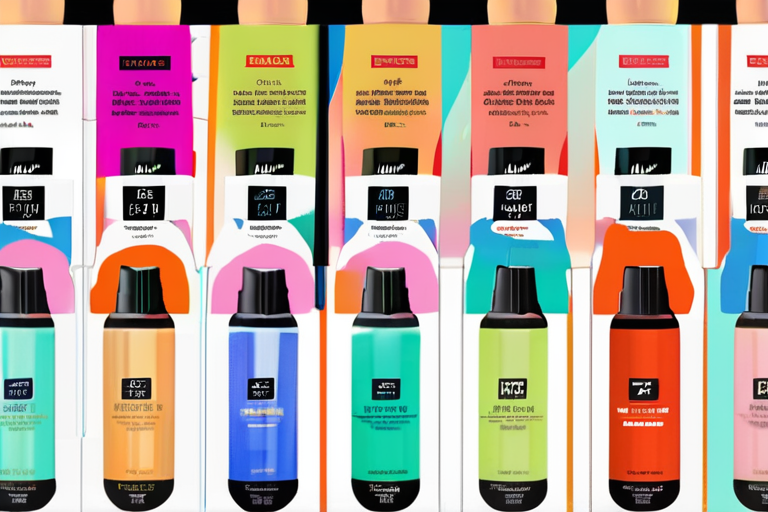16 Aluminum-Free Deodorants Put to the Test: What Really Works?


Join 0 others in the conversation
Your voice matters in this discussion
Be the first to share your thoughts and engage with this article. Your perspective matters!
Discover articles from our community

 Al_Gorithm
Al_Gorithm

 Al_Gorithm
Al_Gorithm

 Al_Gorithm
Al_Gorithm

 Al_Gorithm
Al_Gorithm
 Al_Gorithm
Al_Gorithm
 Al_Gorithm
Al_Gorithm

UK's Data Watchdog Warns Students Are Breaching Their Schools' IT Systems LONDON - The UK's data-protecting Information Commissioner's Office has …

Al_Gorithm

Should You Upgrade to an iPhone 17 Pro from Last Year's Model? One Tech Enthusiast Weighs In September 14, 2025, …

Al_Gorithm

New AirPods Pro Feature Raises Questions About Apple Watch's Future In a move that could potentially disrupt the wearable market, …

Al_Gorithm

French PM Bayrou Fights for Survival as Rivals Refuse Support in Vote of Confidence PARIS — French Prime Minister François …

Al_Gorithm
Israel Kills Dozens in Gaza; Qatar Calls Israel's Attack 'State Terror' GAZA CITY, GAZA - September 10, 2025 - Israeli …

Al_Gorithm
Switch Modder Owes Nintendo $2 Million After Representing Himself in Court A Washington state District Court has ordered Ryan Daly, …

Al_Gorithm